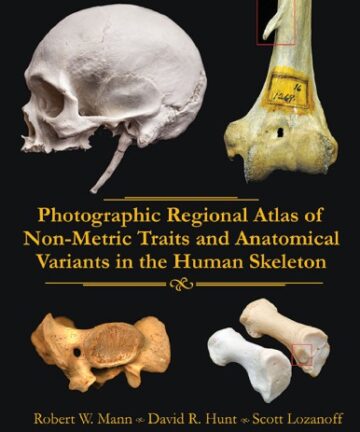Description
The incidence of tick-borne diseases affecting humans has increased with increased travel and exposure to exotic environments. Ticks are important as vectors of European tick-borne encephalitis, Russian summer-spring encephalitis, and Lyme disease in America, Europe, and Asia. No struggle methods used to date have provided complete eradication of ticks and reduced the risk of tick-borne disease transmission. Ticks are still the most important vectors in the transmission of many infectious diseases. The primarily transmitted diseases to humans from ticks can be listed as Crimean Congo Hemorrhagic Fever (CCHF), Lyme disease, Q fever, Tick-borne encephalitis, Mediterranean spotted fever, Monocytic ehrlichiosis, Granulocytic ehrlichiosis, Babesiosis. Besides causing severe health problems in humans, ticks also create significant economic losses on livestock. This group of diseases is more common than thought and can become chronic or show a severe course and result in death without being diagnosed.






Reviews
There are no reviews yet.